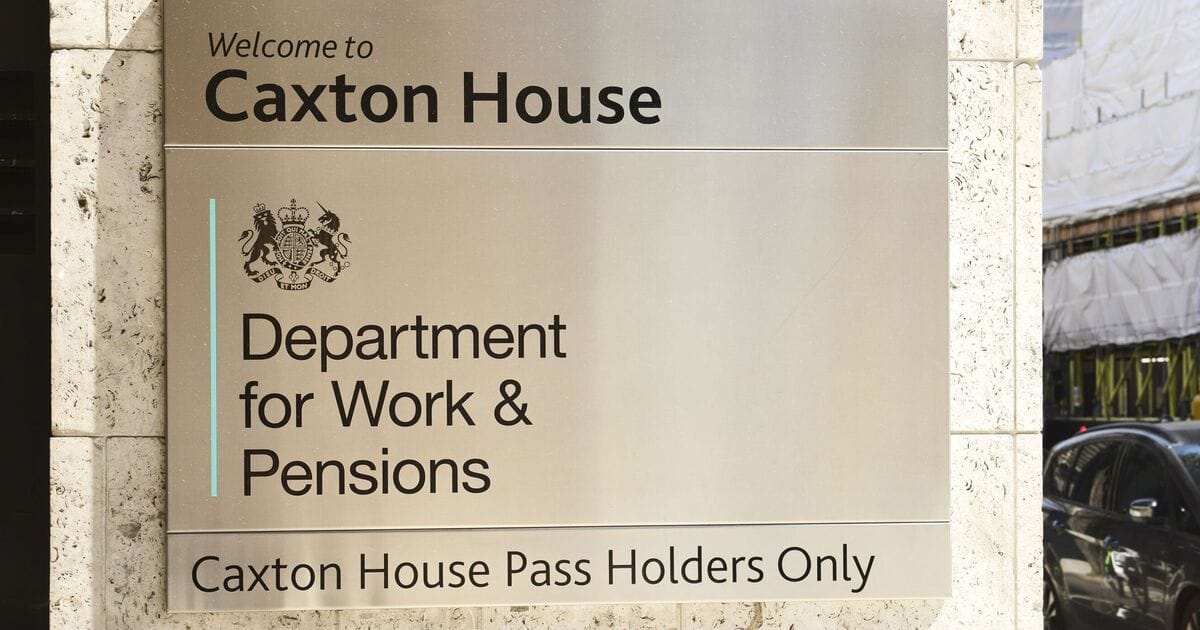Britons are being urged to take stock of their financial situation as 2025 approaches, with experts highlighting key areas to review – from pension contributions to tax allowances.
Emma Sterland, chief financial planning director at Evelyn Partners, explained that the end of the year offers a good opportunity for a financial reset.
Ms Sterland said: “There have obviously been changes announced at October’s Budget that will alter plans for some, but irrespective of evolving tax and other financial rules, our circumstances and needs also change constantly so it’s important to pause and take stock.”
She added: “Some of these are ‘low-hanging fruit’ that could be enacted or set in motion with an hour on the laptop, while some might involve more ongoing efforts.
“But they are all very doable, practical steps that might make a good alternative to daunting New Year resolutions.”
Boost your pension (by sacrificing your bonus?)
Ms Sterland said: “Pension saving is treated very generously by the UK’s tax system, which means you get to keep in some cases all of your earned income by putting it into a pension, plus a further boost from employer contributions. As many people are not saving enough for retirement, if there is room in their budget or they can make room, then increasing pension contributions can be something of a financial no-brainer.”
She added: “It is also around this time of year that many employees are asked how they would like their bonuses paid to them.
“Many firms offer the option of having a bonus sacrificed into the company pension, which means the full amount is paid into the workplace scheme, rather than losing a good chunk in income tax and National Insurance.”
However, she noted that bonus sacrifice can be “especially beneficial” for those earning around £100,000 annually, as exceeding this threshold results in the loss of their annual allowance and could lead to an effective marginal tax rate of over 60%.
Start saving for a child, grandchild, or niece/nephew
Ms Sterland explained: “Small amounts saved regularly over time can accumulate into quite substantial sums over many years thanks to the power of compound interest, or compound returns.
“So the festive season is a good time to think about really lasting gifts. By opening a Junior Individual Savings Account (JISA) for a young relative, with a relatively small monthly outlay, you could be giving them a real financial head start in life.”
If a family invested £100 a month in a Junior ISA, assuming an average annual 5% growth rate, Ms Sterland said the account would have just over £35,000 in it by the time the child turned 18.
She noted: “It is also possible to open and save into a pension for a child, where the potential growth is even greater because the contributions will benefit from tax relief at the basic rate of tax.”
Review your financial strategy and don’t leave it too late to get advice
Ms Sterland said: “Research tells us that many people only turn to financial advice late in life by which time most crucial decisions around retirement saving, investments, or pension access have already been made. Ensuring a comfortable retirement is a lot easier if someone has a trusted adviser already, before these things happen.”
She warned: “For those who aren’t advised, time can overtake even the savviest among us. It’s entirely possible that your finances are currently in a great place – according to plans made a decade ago.
“Our circumstances and needs can change significantly and unexpectedly for all sorts of reasons – births, marriages, deaths, inheritances, career change, divorce, illness, the list goes on.”
Use allowances efficiently to shelter from tax
Ms Sterland said: “In a higher tax environment, tax wrappers like ISAs and pensions become even more important, and as the end of the tax year approaches in April, individuals and couples should make sure they are making annual allowances work for them.”
She added: “For couples, it is time to look at whether both sets of allowances are being used efficiently and whether – in the case of married couples – spousal exemptions can be used to remedy this situation by transferring investments, which could also allow the couple to take gains more tax efficiently.”
Check your pension is going to the right person
The Budget changes to inheritance tax (IHT) rules mean that, from April 2027, unspent pension pots will be included in IHT liability calculations at death, unless the spousal exemption applies, provided the legislation proceeds as expected.
Ms Sterland said: “This major change is a reminder to check who receives your pension savings should you die, and this applies to personal pensions and SIPPs as well as occupational schemes. It is a quick and straightforward step to make sure you have filled in the nomination form in your workplace pension scheme and to check it if your circumstances have changed.”
She warned: “Some people might currently have nominated one or more children as well as or instead of their spouse or civil partner. They might want to keep it this way, but should be aware that from April 2027 leaving this asset to a spouse or civil partner will probably be more tax-efficient.”
Get your pensions together
Ms Sterland said: “The new year is a good time to sit down and make sure you have all the details of your savings, and if not then call previous employers or providers, or failing that the Government pension tracing service, to get them together. This is the first step towards taking control of your retirement fund.”
She emphasised: “Consider also whether life would be easier and your investments easier to manage if you consolidated some or all of the pots. It’s possible to do this yourself but where you’re looking at larger sums this is really an area where advice can pay dividends.”










